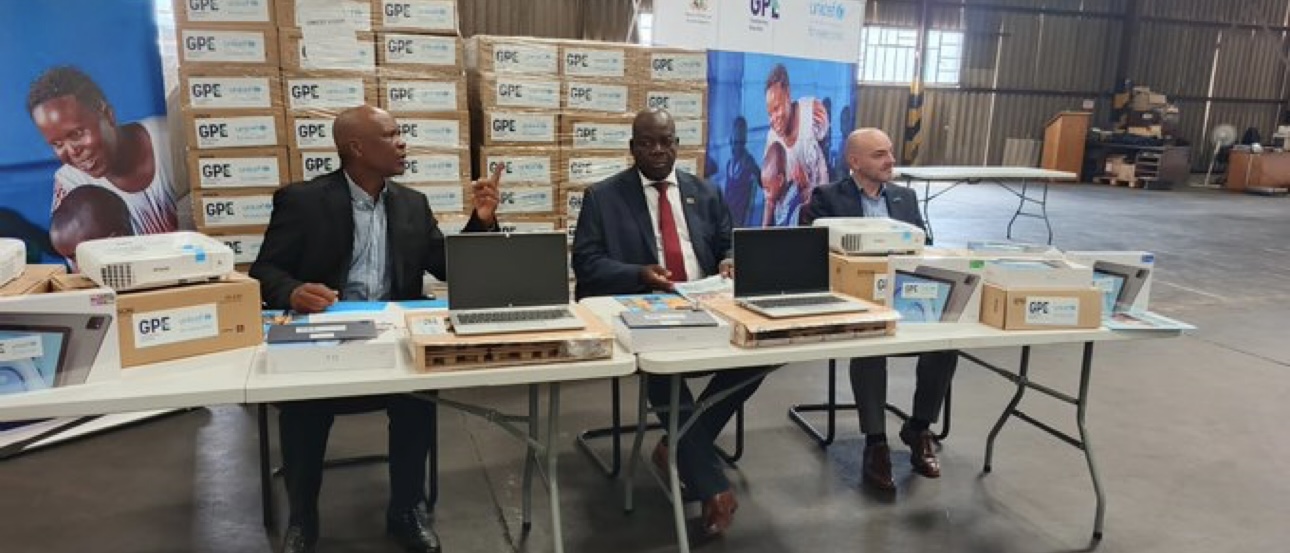BY NOKUTHABA DLAMINI
The Community Working Group on Health (CWGH) has raised alarm over the deteriorating healthcare system in the country, citing a depleted and demotivated healthcare workforce, inadequate infrastructure, and shortages of essential drugs and medical supplies.
According to the CWGH report, the healthcare system is facing a multitude of challenges that are compromising the quality of healthcare services.
The report notes that the country’s healthcare workforce is severely depleted, with a brain drain of skilled healthcare professionals leaving the country in search of better opportunities.
“The parlous human resource situation reflects a number of factors that include: inadequate number, mix and distribution resulting from inadequate output from training institutions and the outward migration of health workers to other countries,” the report read.
“In particular, the outmigration of health workers has been driven by heavy workloads, inadequate compensation exacerbated by the high inflation, limited career development prospects, and challenging working conditions. The outmigration of health workers has led to longer waiting times, reduced patient care time, and compromisedhealth outcomes.
“District level health facilities have been the worst affected by the outmigration of health workers. Specialists who migrate take with them valuable expertise, experience, and knowledge. This loss has impacted on the quality of health services, particularly in specialized areas where their skills are in high demand.”
The CWGH report also highlights the inadequate infrastructure and ill-equipped public healthcare facilities, making it difficult for healthcare workers to provide quality care.
The shortage of essential drugs and medical supplies has also become a major concern, with many patients unable to access the treatment they need.
Furthermore, the report notes the rising incidence of Non-Communicable Diseases (NCDs) and injuries from accidents, which is putting a strain on the already overwhelmed healthcare system.
To address these challenges, the CWGH recommends that the government increase public spending on healthcare to at least 15% of the total budget, address the human resources situation, strengthen manufacturing capacity to improve access to quality-assured essential medicines, and improve access to sexual and reproductive health services, especially for adolescents.
The CWGH also calls for increased investment in addressing mental health issues and combating the scourge of NCDs through prevention programs and early diagnosis and management.

 Slider3 years ago
Slider3 years ago
 National4 years ago
National4 years ago
 Tourism and Environment4 years ago
Tourism and Environment4 years ago
 Special reports4 years ago
Special reports4 years ago
 Opinion4 years ago
Opinion4 years ago
 National4 years ago
National4 years ago
 National3 years ago
National3 years ago
 National3 years ago
National3 years ago



